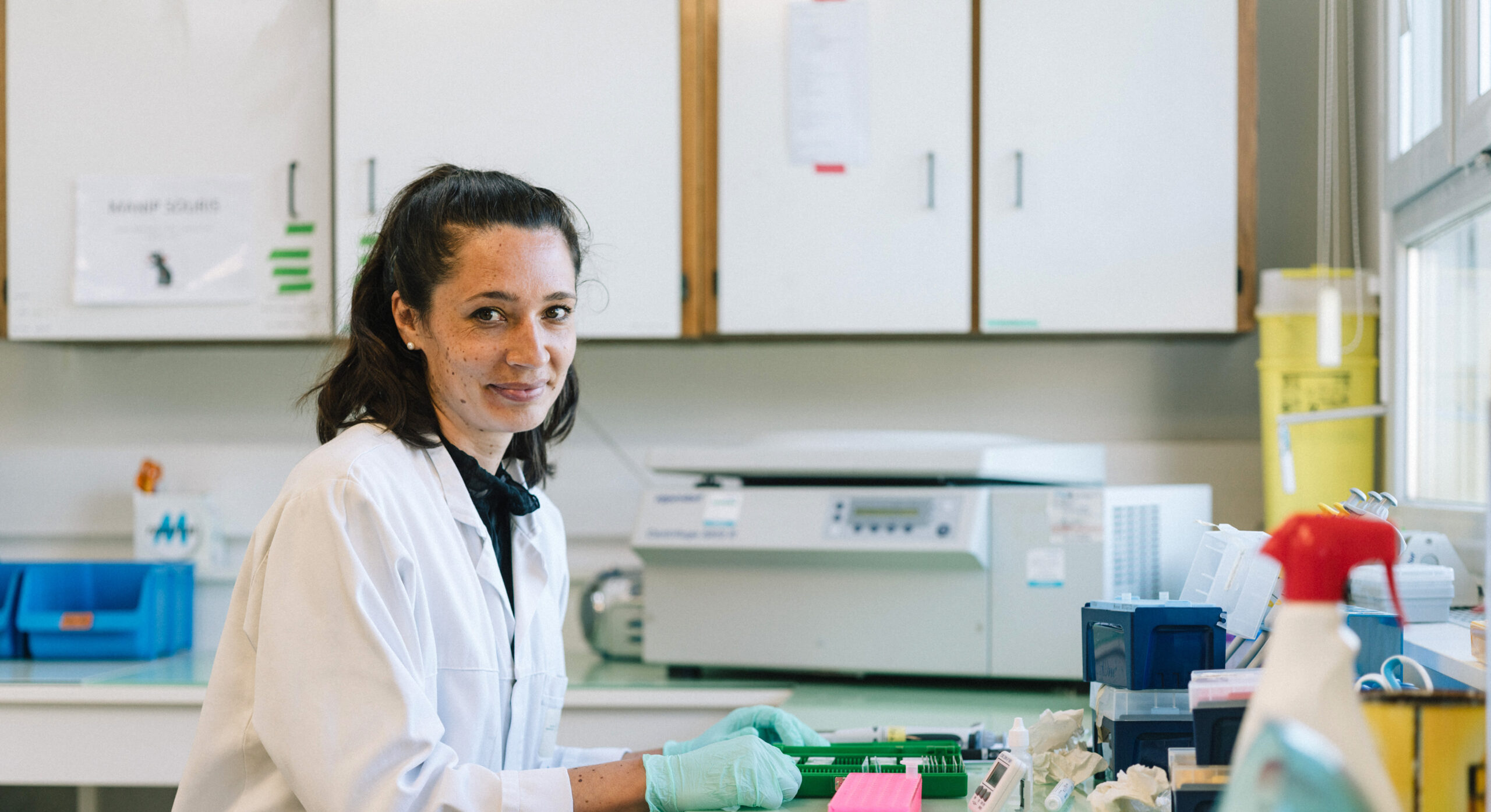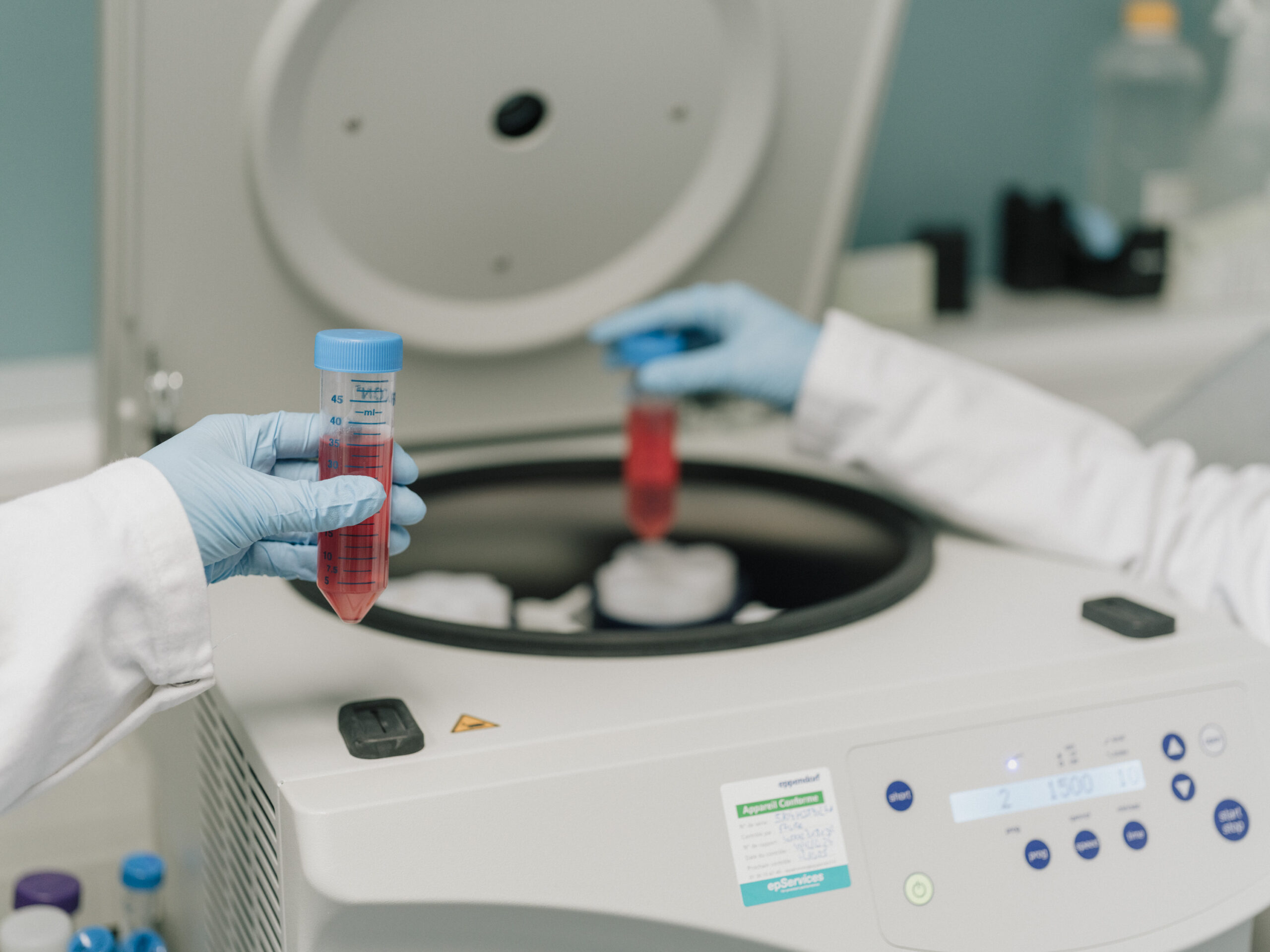- About us
- You are
- Patients and relatives
- To be cared for and supported
- Become an expert patient
- Professionnels de la santé
- Care
- Research
- Our research teams
- Molecular pathology
- Functional precision medicine for leukemia
- Normal and pathological hematopoiesis
- Niche, Cancer, and Radiation in Hematopoiesis
- Population Evolution and Interaction Particle Systems
- Translational Immunology in Immunotherapy and Hematology (TIGITH)
- Identification and targeting of extrinsic regulators of myeloid malignancies
- Lymphoid niches, Chemokines and Immuno-hematological syndromes
- Molecular Mechanisms of Acute Myeloid Leukemia Development
- Chronic Myeloid Malignancies, Microenvironment & Translational Research
- Leukemia & Niche Dynamics
- Genetic and Epigenetic control of Normal and Malignant Hematopoiesis
- Stem cell dysfunction and secondary AML
- Biostatistics and clinical epidemiology
- Our technological platforms
Accueil The Leukemia Institute, the leading leukemia treatment center in France (Care page) Our clinical researchOur clinical research
...Our clinical research
The purpose of this page is to inform you about the clinical research conducted at the Leukemia Institute, to describe how health data and biological samples are used, and to remind participants of their rights regarding the use of their personal health data for research purposes.
Below, we provide information about clinical research conducted by the Leukemia Institute or to which the institute contributes in collaboration with AP-HP Hôpital Saint-Louis, Hôpital Robert Debré, Hôpital Necker, Hôpital Cochin, Inserm, and other partners.
eTHEMA Registry
The eTHEMA registry, supported by the French National Research Agency as part of the government’s Future Investment Plan, collects research data on leukemia and related diseases with the ongoing goal of improving the understanding and management of these diseases by physicians, biologists, and research technicians at three AP-HP hospitals (Saint-Louis, Robert Debré, and Avicenne).
The data recorded in the eTHEMA CRF reflect the source data collected prospectively in hospital records or the results of biological tests. At the same time, data from routine biological samples (blood, bone marrow) or research samples collected and frozen at the certified SLS/THEMA Biological Resource Center (BRC) will be located in the MEARY translational research building near the eTHEMA data center, under the responsibility of Prof. Emmanuelle Clappier (Biological Hematology Laboratory, Hôpital Saint-Louis, Paris).
Our biological collections
The Leukemia Institute participates in the Biobank Observatory for Translational Research in Hematology (BiRTH) and the RIME Observatory (National Observatory of Bone Marrow Failure), which aim to collect standardized (clinical and biological data) and anonymous information for each patient on a prospective and retrospective basis.
Reuse of biological samples and associated data for scientific research purposes
Biological samples collected as part of clinical care or research may be stored in a biological collection, along with certain health data, for the purposes of scientific study, evaluation, and research.
During a consultation or hospitalization, biological samples may be taken for biological, genetic, or other analyses for diagnostic, monitoring, or treatment purposes. These samples may include various types of specimens (blood, urine, saliva, skin, stool, tissue, etc.).
If some of the samples collected have not been used for the initially planned analyses, patients and, if necessary, their parents may be asked to give their consent for the remaining samples to be stored in a biological collection. This storage enables research to be carried out as part of scientific or clinical programs focusing on genetic diseases and, more broadly, rare diseases. Associated clinical data (such as socio-demographic information, diagnosis, symptoms, treatments administered, and test results) will also be stored with these samples for the purpose of conducting this research.In this context, patients will have signed a consent form or received an information document specifying:
- The nature of the samples stored, the objectives of the scientific research, the storage conditions, and the associated care data
- The regulatory framework applicable to the processing of personal data, in particular the process of coding samples and data to guarantee the anonymity of the individuals concerned
- Patients’ rights regarding access, rectification, opposition, erasure, restriction, and portability of their data, in accordance with the General Data Protection Regulation (GDPR) and the French Data Protection Act, as well as the contact details of the persons to contact in order to exercise these rights.
Suivez nos actions en vous inscrivant à la lettre d'information de l’institut
- Become an expert patient
- To be cared for and supported
- Patients and relatives


Transparency portal, reuse of health data, and individual rights
As part of clinical research conducted by or supported by the Leukemia Institute, each patient involved has signed a consent form or received an information letter. This document specifies that the health data collected during the study may be reused for other scientific work aimed at improving medical and therapeutic knowledge about the disease being studied.
For each clinical study, participant information is compiled in a database after being pseudonymized. This data does not directly identify individuals, as it does not include first or last names or contact information. Only the research team has the list that links the assigned code to the person’s identity.